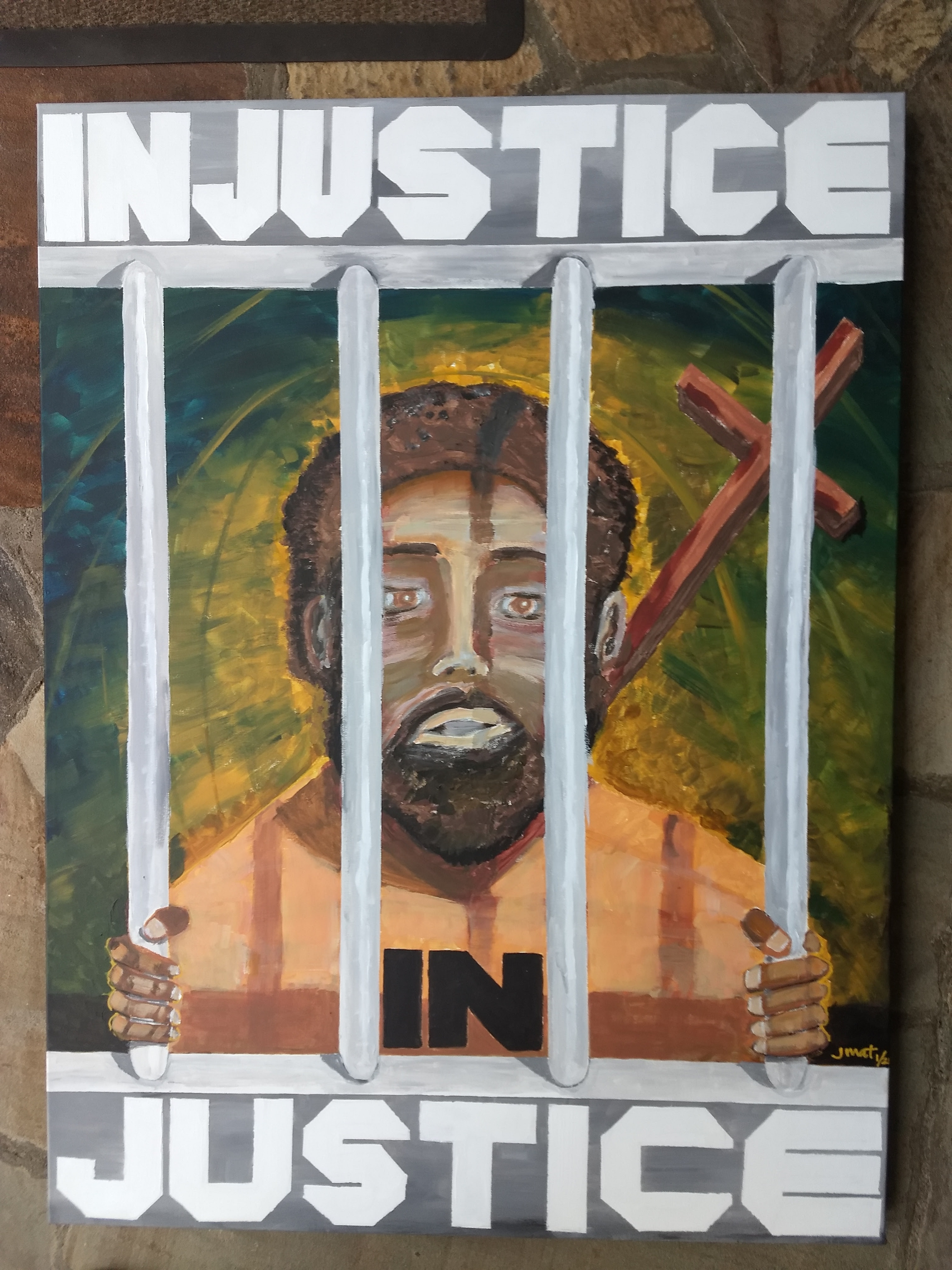Thirty-First Sunday in Ordinary Time
“The greatest among you must be your servant. Whoever exalts himself will be humbled; but whoever humbles himself will be exalted.” Mt. 23:12
“I believe the root of all evil is the abuse of power.”
These words by the writer Patricia Cornwell are strongly reflected in today’s Gospel.
One of the most primary concepts in Sacred Scripture is the critique of the misuse of power.
This criticism can be found in almost every biblical story from the garden of Eden to the Egyptian pharaohs to the Israelite kings to Pontius Pilate to the sweeping condemnation found in the Book of Revelation.
Power, and how it is abused, is a primary scriptural story line that reaches into almost every dimension of life including the worlds of work, politics, church, marriage, relationships, and even parenting.
This same issue of the misuse of power is central to the teaching of Jesus in today’s Gospel. Here we find Jesus arguing in a passionate way what the good use of power looks like over against its opposite.
Good power, Jesus passionately argues, embraces a selfless, benevolent dimension. It involves the sharing of burdens, not the imposition of millstones around the necks of others.
Admittedly, this argument of Jesus requires a serious upgrade in human consciousness. It is clearly the opposite of trying to demonstrate our vanity and greed, the opposite of seeking vengeance and domination, the opposite of desperately advancing ourselves to suppress others.
Notice, for example, the contrast that Jesus emphasizes between the bad use of power and the good:
“Do whatever the scribes and Pharisees teach you … but do not do what they do.”
Why?
Because “They do not practice what they preach …. They do all their deeds to be seen by others ….”
In contrast to this misuse of power, Jesus offers an opposing view:
“The greatest among you will be your servant. All who exalt themselves will be humbled, and all who humble themselves will be exalted.”
This teaching represents the heart of the ethics that must belong to the new faith community that Jesus is founding. Implied in His teaching about the proper use of power are at least four major themes.
First:
Make your walk and your talk the same. Central to this teaching is the connection that needs to exist between word and deed. We are what we do, not what we say.
Second:
Make certain that your use of power is always directed to love towards others. The law of love involves not preaching or teaching as much as doing. Action is what makes the difference.
Third:
Piety is an internal affair of the heart. It is not about impressing people or looking for ways to be honored and glorified.
Fourth:
We are all called to a life of holiness, not just those in leadership positions. It is not the “job” of only priests and ministers and religious leaders to be holy. The call from Jesus to live a new kind of life, embracing a new view of power, extends to all.
The good use of power involves developing a new kind of language, a new set of words – words like “The greatest among you will be your servant. All who exalt themselves will be humbled.”
It’s the kind of language that Jesus promotes in today’s Gospel.
It’s the language that protects children, the poor, the hungry, the dismissed, the irrelevant, the less-than’s.
It’s the kind of language that moves us as a people from violence to nonviolence, from imperial power to relational power, from domination to transformation.
It’s the kind of language that leads us to lives of kindness.
And, as Mark Twain reminds us:
“Kindness is the language which the deaf can hear and the blind can see.”
Ted Wolgamot, Psy.D.




